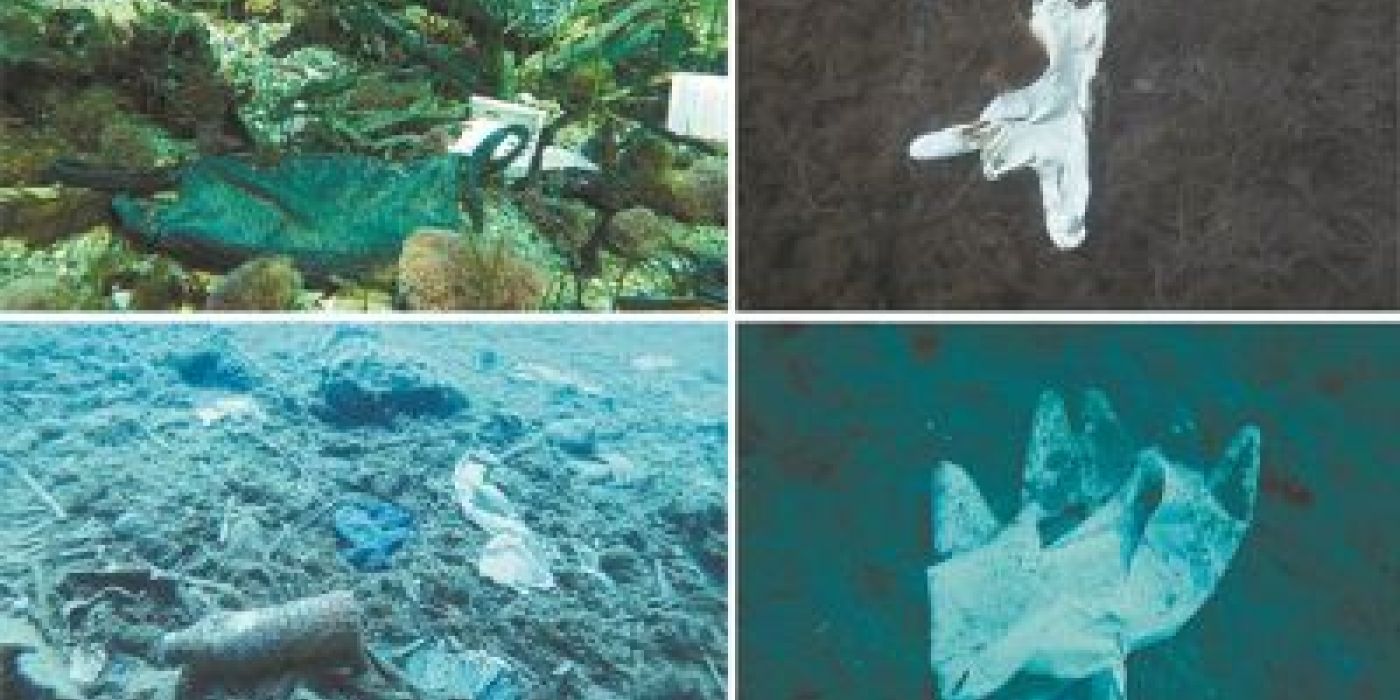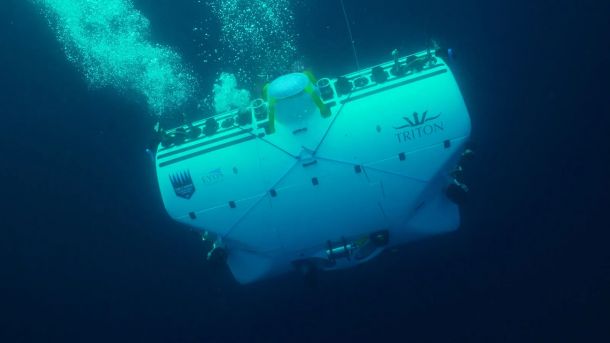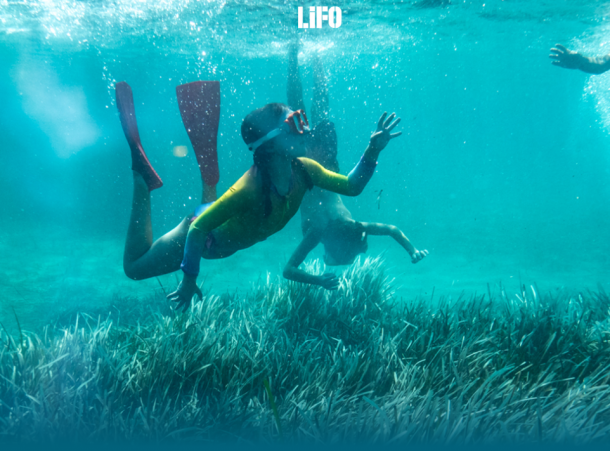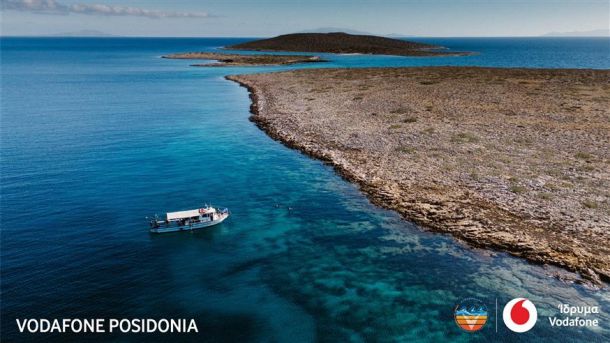
SARS-CoV-2 has raised a wave of pollution, with its waste polluting the seas and threatening sea turtles and more. Face masks, disposable gloves and even wet wipes for cleaning hands are just some of the rubbish that accumulates on the shores and on the seabed, detonating a "bomb" for the environment.
These conclusions are derived from a study by the Department of General Marine Geology and Geodynamics of the University of Patras, with the scientists drawing data from the voluntary cleanup of 59 beaches and 83 underwater sites in the period 2020-2021 to determine the extent of pollution from plasticsand non-plastic pandemic garbage.
The results, as one finds, are revealing, as they map the environmental footprint of the pandemic virus. On the beaches, the volunteers collected a total of 69,219 pieces of waste, of which 209 were plastic masks (86.21%) and gloves. And the percentage may seem small, as it is only 0.29% of the garbage left by holidaymakers on the beach, but scientists are sounding the alarm, given that these are extremely dangerous items.
And this is because masks, in particular, threaten the coastal environment as they can act as a source of contamination and resurgence of zoonotic diseases and transmissions. At the same time, seabirds and turtles can be trapped in the elastic ends of the masks, while swallowing plastics suffocates animals (not only turtles but also whales, birds and all kinds of marine life).
The "red" points
As far as the geography of the pollution is concerned, as the researchers found, the red points on the map referred to coasts located near large urban centers, such as Attica, Patras and Corinth.
The alarming data, however, does not stop there. When the researchers added the other Covid-19 waste to the list (i.e. wipes, plastic antiseptic packaging, etc.), they came to the conclusion that it represented 1.4% of the trash collected.
And as during the period of the pandemic (especially during the lockdown period) the delivery skyrocketed, the researchers found that in the pile of waste collected, 36.5% of it related to plastic, paper or aluminum packaging of food, drinks or soft drinks.
Scientists, however, took it a step further, also exploring the seabed which, as it turns out, is also... getting sick because of SARS-CoV-2. In more detail, the divers collected a total of 30,941 pieces of waste while diving in deep water, with Personal Protective Equipment (PPE) accounting for 0.26% of the total.
It is impressive that several gloves were found under the water, while even more worrying is the observation that the bottom is gradually becoming more and more contaminated due to the products consumed due to the pandemic. More specifically and as highlighted in the same study, the occurrence of PPE appears to be increasing over time, given that waste related to Covid-19 was detected in 33% of the areas investigated in 2020, while in 2021 the corresponding percentage climbed at 51%. In fact, the authors make a similar observation in the studies about the coasts as well, with all that this entails.
It is worth noting that, according to the same results, the highest concentrations were found in the seabeds of Northern Greece and especially in the Thermaic Gulf, Halkidiki and Makri.
Article on Web
Latest Posts

Alarming pollution levels found in Mediterranean depths

"Why are the Posidonia meadows so valuable for our seas?": Article in LIFO
